-
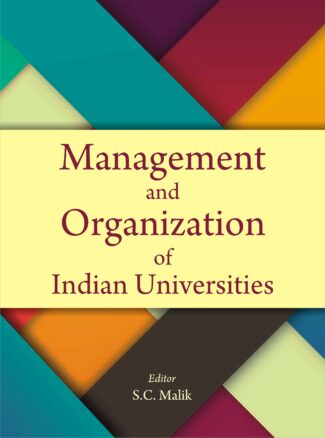

Management and Organ...
Management and Organization of Indian Universities
by: Subhash Chandra Malik₹1,440.00
ISBN: 9788124611012
Year Of Publication: 2021
Edition: 1st
Pages : xxx,317
Language : English
Binding : Hardcover
Publisher: D.K. Printworld Pvt. Ltd.
Size: 25cm
Weight: 838
The Indian Institute of Advanced Study organized some decades ago a seminar on management and organization of Indian universities, with the University of Mysore, in Mysore. These are being republished again because the topics are very relevant today although the knitty gritty of numbers and other data statistics has certainly changed; quantitatively this is true but qualitatively the issues remain the same despite the new educational policies and commissions. The essentials of various conflicts within the system, because of a fragmented approach, continue to disrupt the implementation of new educational ideas, policies and commissions. It is a truism to state that educational needs are imperative and their problems need to be dealt with urgently. And yet today, apart from quantitative expansion, we remain substantially where we were at the time of India’s Independence, as far as management and organization of Indian universities are concerned.
There is an increasing need for a practical and detailed consideration of the problem of higher education in the context of its organizational framework. The problems of basic reforms which involve curricula, examinations, research quality and scope of facilities, faculty and student unrest, the problems of denominational institutions, medium of instruction, etc. are also of immediate relevance. One of the major areas in this context is the governance of Indian universities. The pattern of university administration has become obsolete and has never received the kind of specialized consideration and planning. Rules, regulations, techniques and red tape have hampered the real purpose of university education.
Preface to the First Edition
Introduction
Welcome Address – V.K. Gokak
Inaugural Address – V.K.R.V. Rao
Part I
The Problem of Numbers and Pressures on the System
I. 1 Some Aspects of the Problem of Numbers: The Lesson of Bihar
– S.K. Bose
I. 2 Pressure of Numbers: Some Thoughts
– K. Mukherji
I. 3 Numbers: A Case Study of University of Delhi
– K.A. Naqvi
I. 4 Numbers: Suggestions for Improvement
– N.V. Subba Rao
I. 5 Discussion Report
Part II
Relevance of Courses of Study with Regard to
Emergent Social Realities and the Necessary Processes of Change
II. 1 Vocationalization of Education
– D. Shankar Narayan
II. 2 Improvement in Undergraduate Education: A Note
– N.V. Subba Rao
II. 3 Static Courses in a Dynamic Situation: A Dilemma of
Higher Education in India
– R.P. Misra
II. 4 Discussion Report
Part III
Structures and Channels of Authority within the University
vis-à-vis the UGC, IUB and Government
III. 1 Fundamental Reforms in University Structure and Organization
– S.S. Bhandarkar
III. 2 Structural Aspects of Universities vis-à-vis the State
Government (Bihar)
– S.K. Bose
III. 3 Role of Vice-Chancellors and Their Appointment
– R.P. Singh
III. 4 University Authority Structure and Growth of Academic Excellence:
A Case Study
– B.D. Soni
III. 5 Structures and Channels of Authority: An Analysis
–T.K. Tukol
III. 6 Discussion Report
Part IV
Faculty and Departmental Organization
IV. 1 Faculty and Departmental Organization in Aligarh Muslim
University
– M.Z.R. Khan
IV. 2 Faculty and Departmental Organization:
Structural Changes
– R. Rajaraman
IV. 3 Faculty, the Heart of the University
– B.R. Seth
IV. 4 Discussion Report
Part V
Relation between Teaching and Administrative Staff
and the Allocation of Responsibility
V. 1 Teaching and Administrative Staff: The Need for Common Goals
– T.V. Chidambaram
V. 2 Teaching and Administrative Staff: Require a New Orientation
– Amrik Singh
V. 3 Discussion Report
Part VI
Standardization of Methods of
Teaching and Student Management
VI. 1 Modern Management Techniques in Educational Administration
– M.V. Mathur
Part VII
Financial Management, Evaluation and
Planning for Development
VII. 1 Financial Management, Evaluation and Planning for Development
– B. Das
VII. 2 Financial Management of Affiliated Private Colleges
– R.Y. Dharwadkar
VII. 3 Financial Management and Planning for Development
– K.L. Joshi
VII. 4 Discussion Report
Part VIII
Relations with and Management of Colleges
VIII. 1 Relations with and Management of Colleges: A Note
– Manoranjan Jha
VIII. 2 Relations with and Management of Colleges: Problems of Affiliation
–Balwant Singh
VIII. 3 Affiliated Colleges: Problems Regarding Their Improvement
– S.S. Wodeyar
VIII. 4 Discussion Report
Part IX
Problems of Education in General
IX. 1 Ends and Means in University Education
– K.R. Srinivasa Iyengar
IX. 2 The University of Tomorrow
– V. Madhusudan Reddy
IX. 3 Higher Education and Social Change in Independent India
– A.K. Saran
IX. 4 The Crisis in Indian Education
– Amartya Sen
IX. 5 Statement
IX. 6 Participants and Contributors


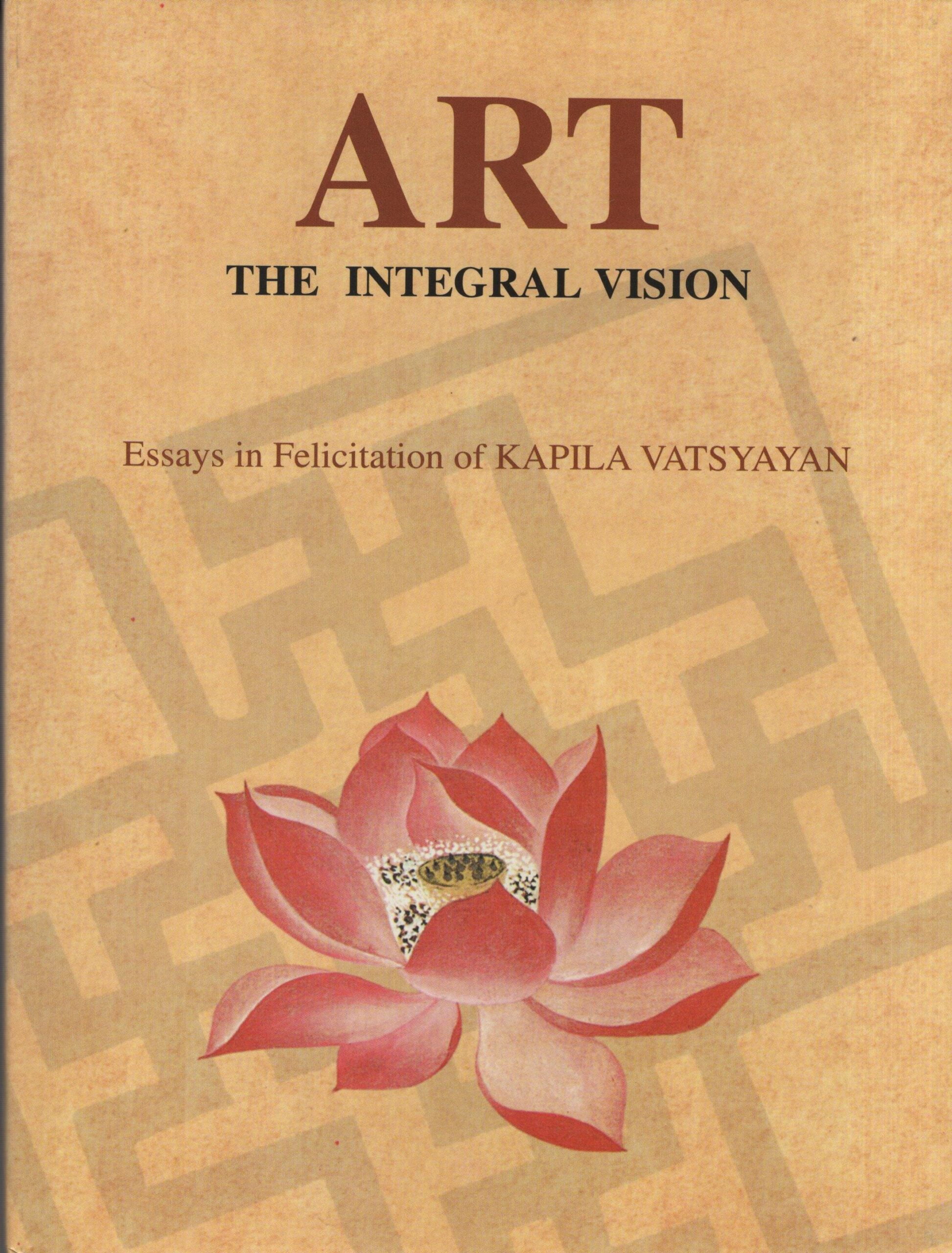
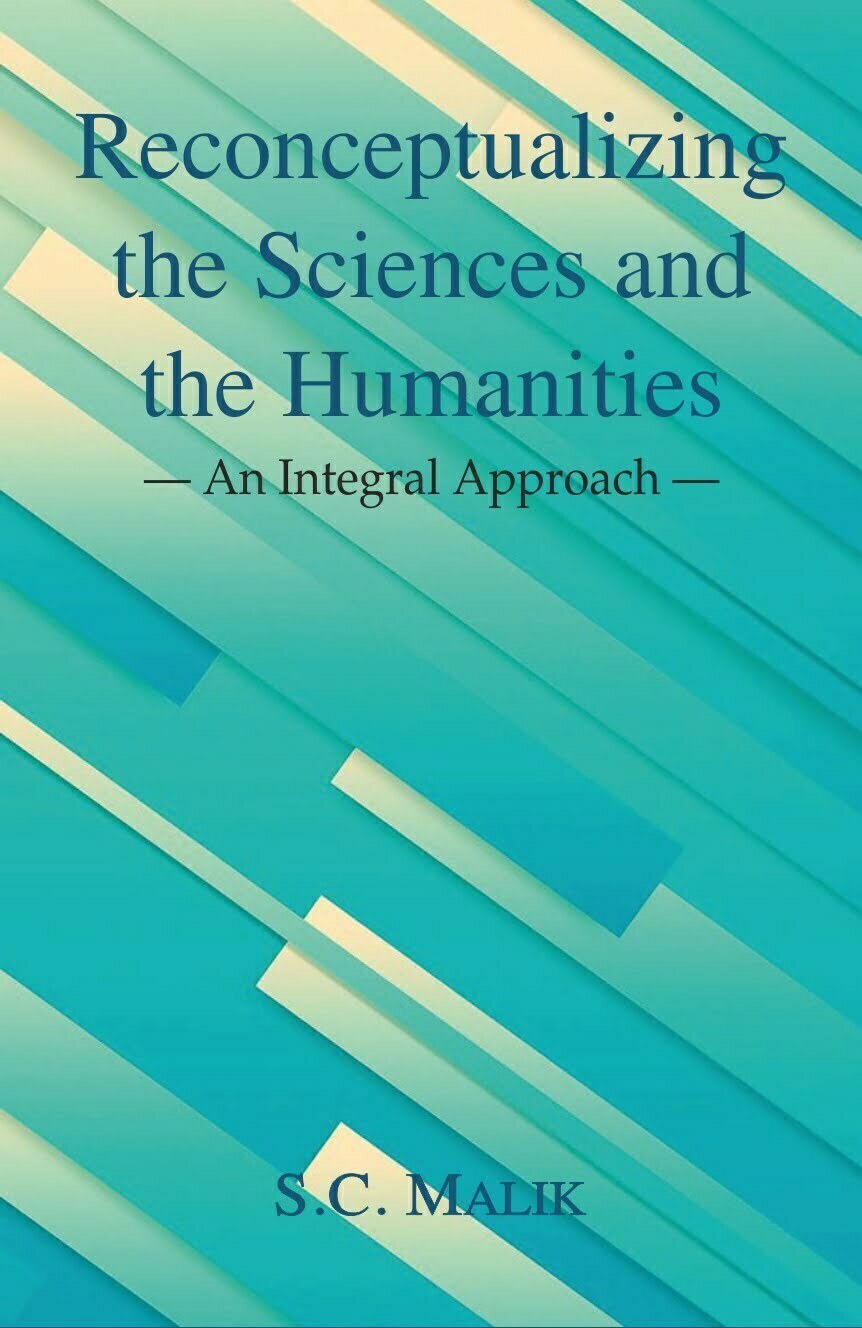
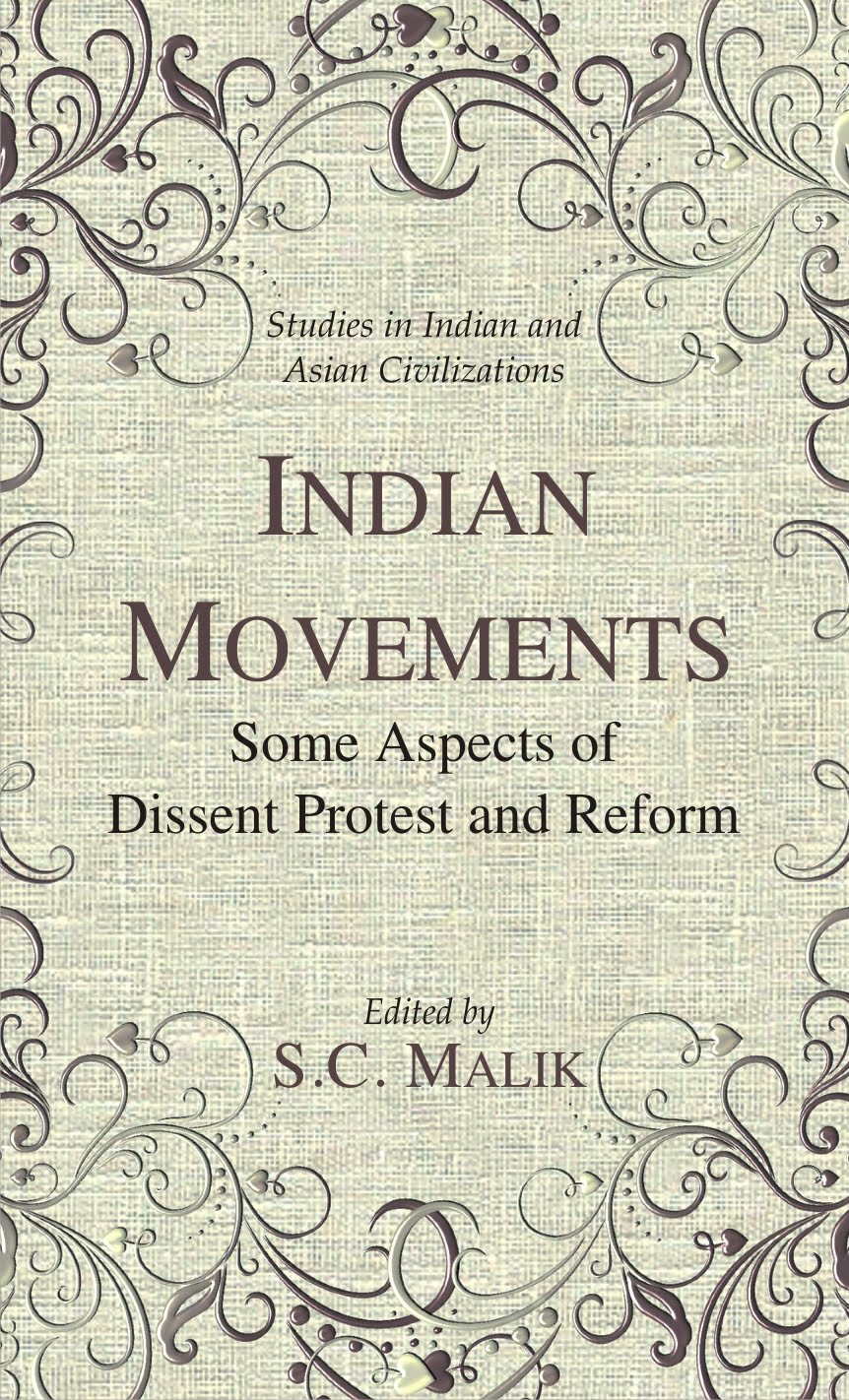
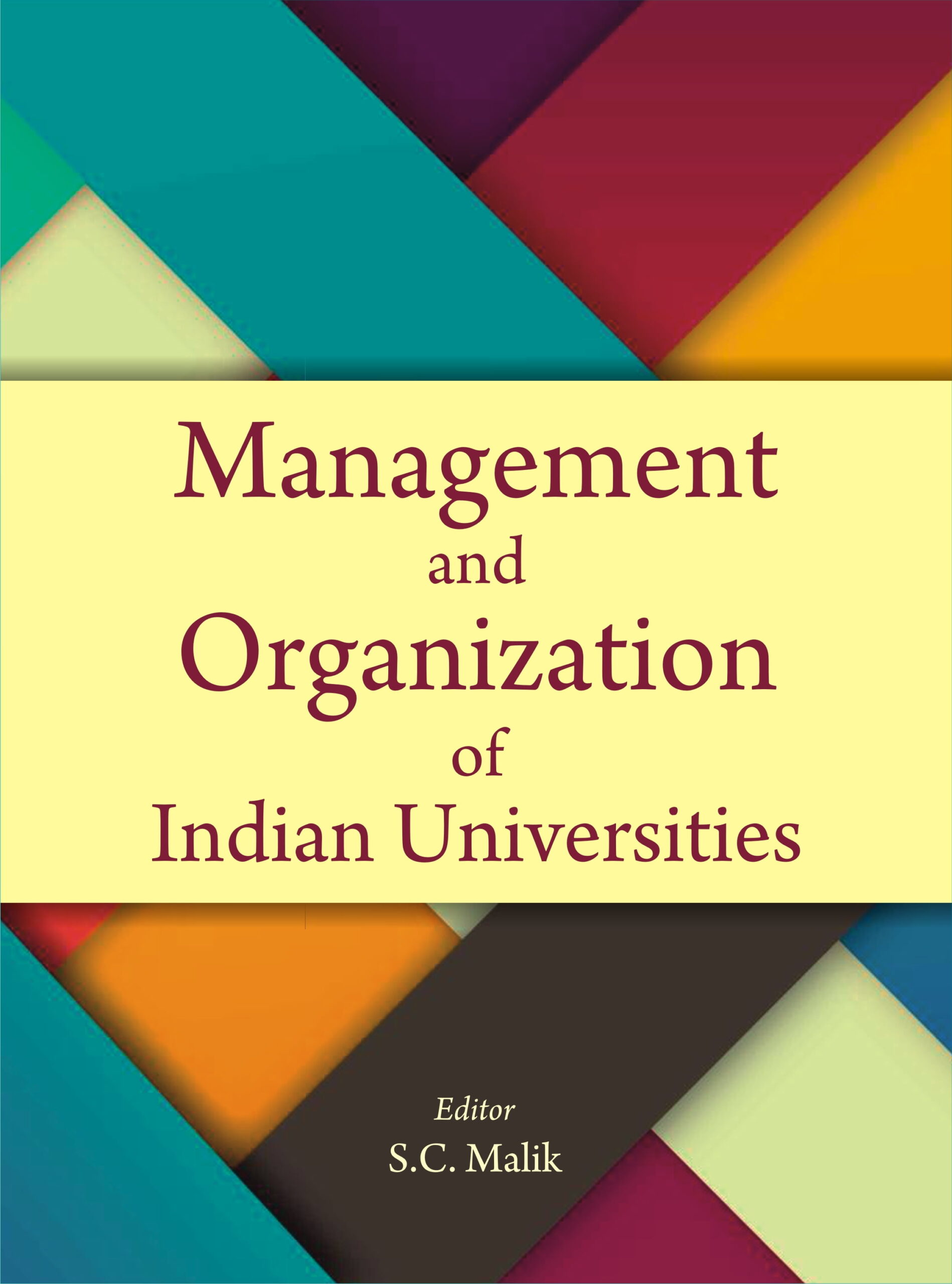
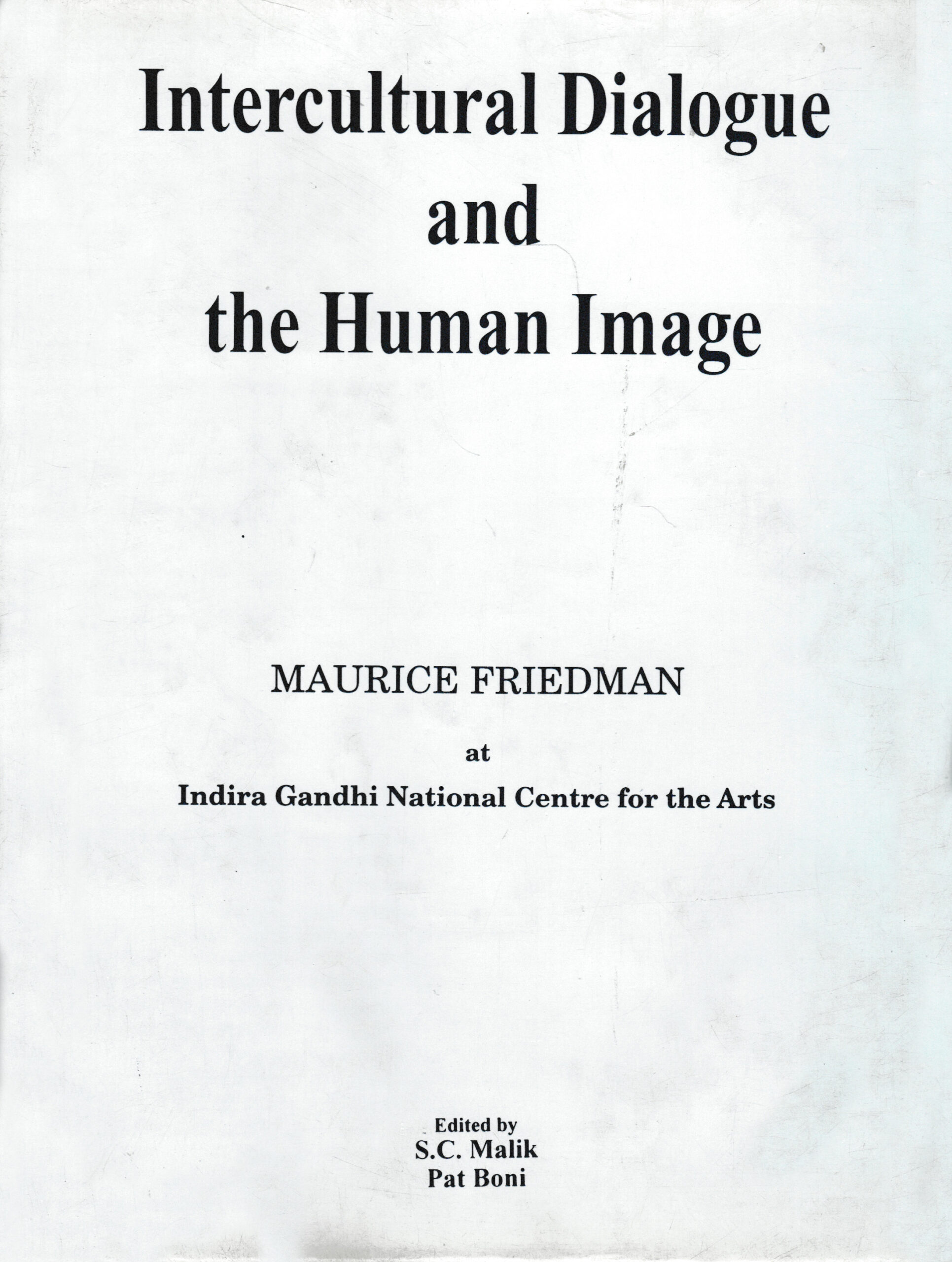
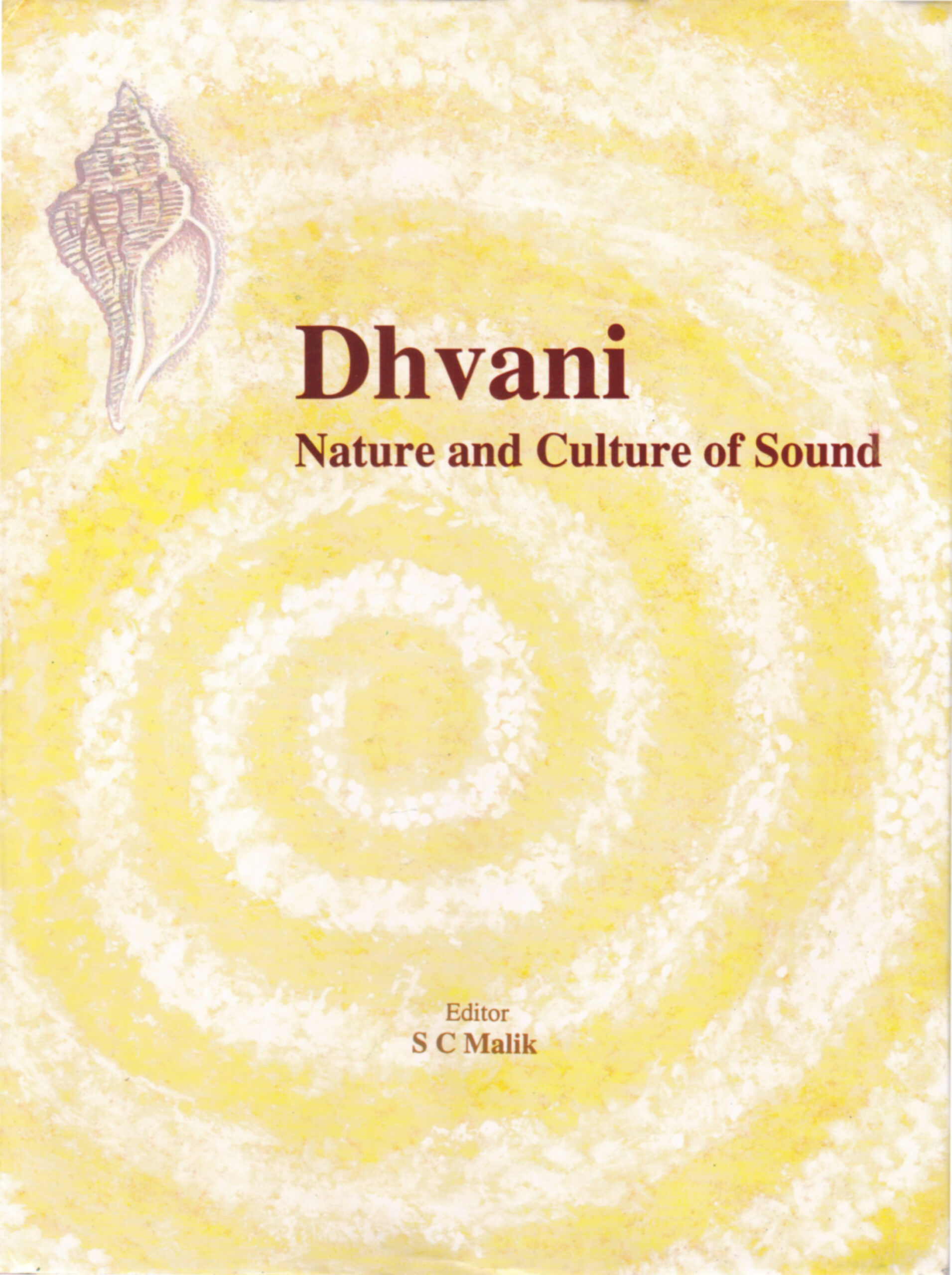
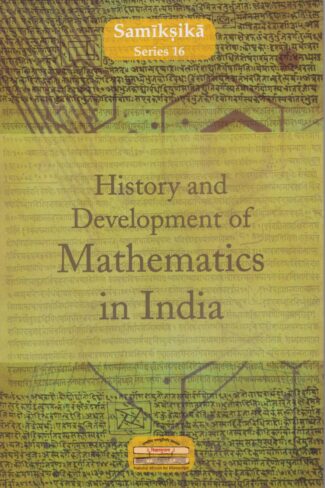
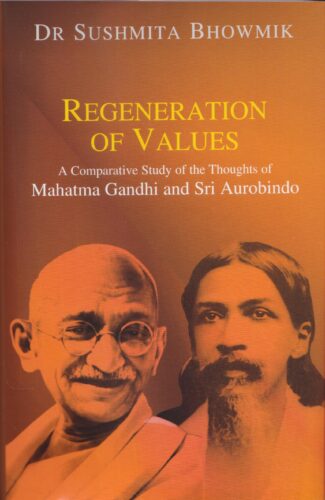
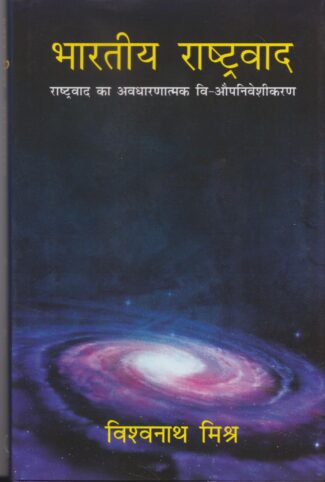

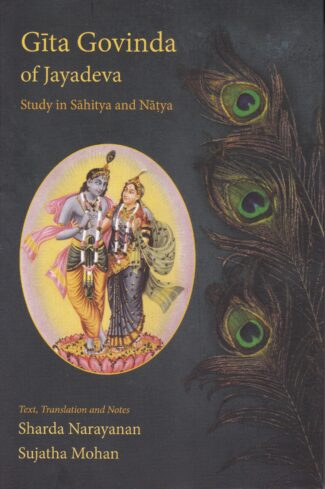
There are no reviews yet.